On his first day as Prime Minister, Sir Keir Starmer is set to tackle one of the most somber duties of his new position: writing the ‘letters of last resort’.
These handwritten instructions are intended for the commanding officers of Britain’s nuclear-armed submarines, to be used only if the UK is devastated by a nuclear attack and the government is incapacitated.
Shortly after arriving at Number 10, Starmer will be briefed by Cabinet Secretary Simon Case and Admiral Sir Tony Radakin, Chief of the Defence Staff. This meeting will outline the destructive power of Britain’s Trident missiles, providing Starmer with a stark introduction to the gravity of his new role.
The ‘letters of last resort’ tradition has been in place for decades, underscoring the persistent threat of nuclear war. These letters contain crucial directives for submarine commanders on what to do if a nuclear strike wipes out both the British government and the Prime Minister’s designated successor.
Once written, the contents of these letters remain a secret, known only to the Prime Minister who wrote them. They are sealed and delivered to the submarines, with the previous Prime Minister’s letters being destroyed unopened upon their departure from office.
Historically, Prime Ministers have had four main options to consider: retaliate with nuclear weapons, refrain from retaliating, use their own judgment, or place the submarine under the command of an ally, such as the United States or Australia. The exact choice made by each Prime Minister remains a closely guarded secret.
In a departure from his predecessor Jeremy Corbyn, who opposed the Trident system, Starmer has publicly stated his willingness to use nuclear weapons if necessary. “Security will always come first under my leadership,” he said recently, outlining Labour’s defence plans.
He also committed to increasing defence spending and modernising the UK’s nuclear arsenal.





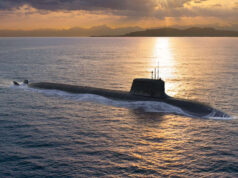
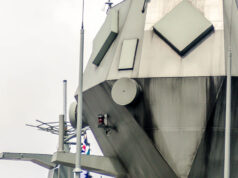
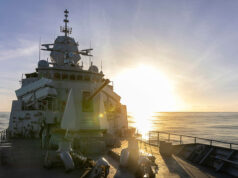

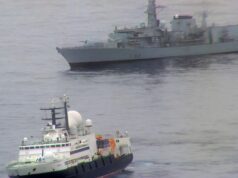
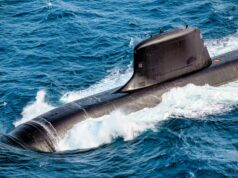
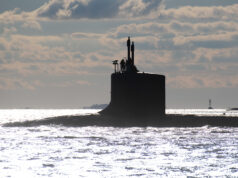
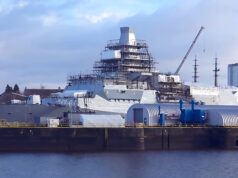

I sincerely hope that on if the first questions he asks the MOD is, the navy, how did it get like this?
To which they will answer, “it started going downhill in 1945 and hasn’t changed since”.
Hmmm ..one option of UK “last resort” should be very intriguing from RAN’s perspective. Imagine inheriting a fully stocked SSBN (possibly two under exceptional circumstances) at little cost or effort. Should prove beneficial to have experience operating a SSN fleet under AUKUS auspices. Small matter of being a NPT signatory; presumably not a high priority consideration under those circumstances. 🤔😉
Mmm yes I suspect most of the important signatories would have bigger problems to deal with.
I suppose another scenario would be “an enemy has obliterated the U.K here are your options” quite what the Captain does if Mr Trump hasn’t reacted to article 5 is anyone’s guess 🤷🏼♂️
Put themselves under the control of Canada was often touted as the fourth option. Canada being a Commonwealth country and closeish to Europe being the justification. But under the US would be easier if perhaps slightly less pallitable. They operate SSBNs and Tridents so it would be easy for them to incorporate additions.
As long as it is known that the UK can strike back from “beyond the grave” it is unlikely we would be targetted for destruction. If I were serving aboard the submarine and I knew the UK had been destroyed then it has to be revenge.